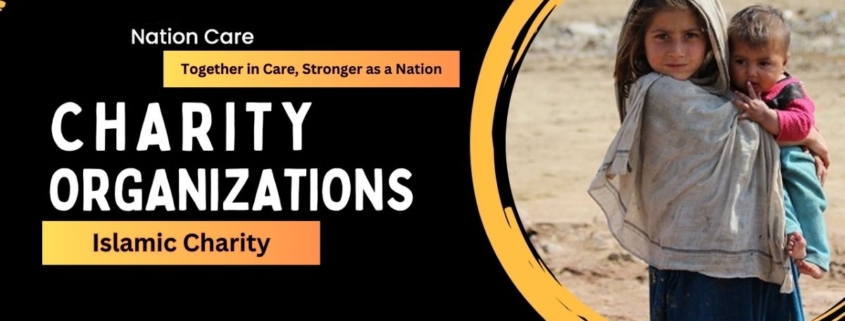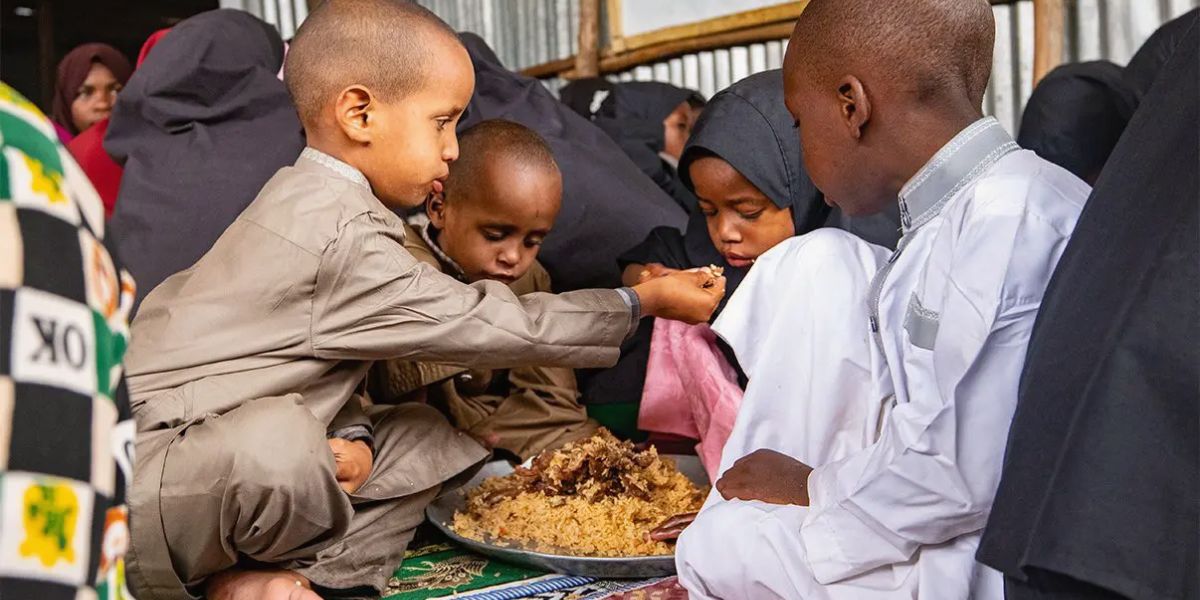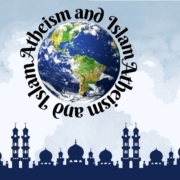The Role of Islamic Charities in Global Aid: A Path to Humanitarian Excellence
Islamic charities have long played a vital role in alleviating poverty and providing humanitarian assistance worldwide. Rooted in the core values of Islam, these charitable organizations are dedicated to serving humanity, regardless of race, religion, or nationality. With the rising global need for humanitarian aid due to conflicts, natural disasters, and economic challenges, the role of Islamic charities in global aid has become even more crucial. This article explores how Islamic charities contribute to global aid efforts, emphasizing their significance in fostering compassion, solidarity, and human dignity.
Islamic Charity: A Foundation of Faith
In Islam, charity is not only encouraged but considered a religious obligation. The concept of Zakat, one of the five pillars of Islam, requires Muslims to donate a portion of their wealth (typically 2.5%) to those in need. In addition to Zakat, Sadaqah refers to voluntary charitable giving, which further emphasizes the importance of philanthropy in Islam. These principles form the foundation of Islamic charities, ensuring that wealth is distributed fairly and that the less fortunate are cared for.
Islamic Charities in Global Aid Efforts
Islamic charities have expanded their operations beyond their local communities to address global crises. From conflict zones to areas affected by natural disasters, these organizations provide much-needed assistance, including food, shelter, medical care, and education. The humanitarian aid offered by Islamic charities aligns with their core mission to uplift vulnerable populations and relieve suffering.
Emergency Response
Islamic charities are often among the first responders in the event of natural disasters or armed conflicts. Whether it’s providing emergency food aid, clean water, or temporary shelters, these organizations are committed to immediate and effective relief efforts. For instance, during the Syrian refugee crisis, Islamic charities played a pivotal role in supporting displaced families by providing housing, medical care, and necessities.
Healthcare Initiatives
Healthcare is a critical component of global aid, and Islamic charities have taken the lead in offering medical assistance to communities in need. From setting up mobile clinics to funding hospitals and providing essential medical supplies, these charities help to ensure that people in conflict zones or impoverished areas have access to necessary healthcare services. Organizations like Islamic Relief have been instrumental in combating diseases and improving maternal health in regions where healthcare infrastructure is weak.
Education and Development Projects
Another significant contribution of Islamic charities is their investment in education and long-term development projects. By building schools, offering scholarships, and funding vocational training programs, these organizations empower individuals and communities to break the cycle of poverty. In countries affected by war and displacement, such as Yemen and Somalia, Islamic donations are working to restore access to education, ensuring that children have the opportunity to learn and grow.
Poverty Alleviation Programs
Islamic charities also focus on poverty alleviation by addressing the root causes of poverty and providing sustainable solutions. Through microfinance initiatives, agricultural development, and income-generating projects, these organizations enable communities to become self-sufficient. Islamic donations provide small loans to aspiring entrepreneurs, helping them establish businesses that can lift their families out of poverty. This focus on sustainability ensures that aid efforts have a long-lasting impact on communities.
Collaboration with International Aid Organizations
Islamic charities often collaborate with international aid organizations, governments, and non-governmental organizations (NGOs) to expand their reach and effectiveness. These partnerships allow Islamic charities to access additional resources and share expertise in disaster management, healthcare, and education. By working together, they can provide more comprehensive support to those in need and ensure that aid reaches even the most remote and underserved areas.
The Global Impact of Islamic Charities
The influence of Islamic donations in global aid is undeniable. From responding to immediate crises to supporting long-term development, these organizations contribute to building resilient communities and reducing human suffering. Their emphasis on compassion, empathy, and justice reflects the values of Islam and fosters. A sense of solidarity across cultural and religious boundaries.
Islamic donations have a unique ability to work within Muslim-majority countries. Where trust and cultural understanding are crucial for successful aid delivery. In regions where international aid organizations may face challenges due to political or social barriers. Islamic donations can often operate more effectively by leveraging local networks and religious connections.
Conclusion
The role of Islamic charities in global aid is both significant and far-reaching. Through emergency response, healthcare, education, poverty alleviation, and international collaboration. These organizations are making a profound difference in the lives of millions worldwide. Rooted in the Islamic principles of Zakat and Sadaqah, Islamic donations continue to inspire hope. Dignity, and resilience in communities affected by crisis and hardship. As the need for global humanitarian aid grows. The contributions of Islamic donations will remain essential in promoting social justice, reducing inequality, and enhancing the well-being of humanity.













Really well done—thanks for the clarity.
Great explanation—super easy to follow!
I appreciate how straightforward this article is—well done.
I’ve gained a lot of insight from this article—thank you!
This has been an eye-opening read for me.